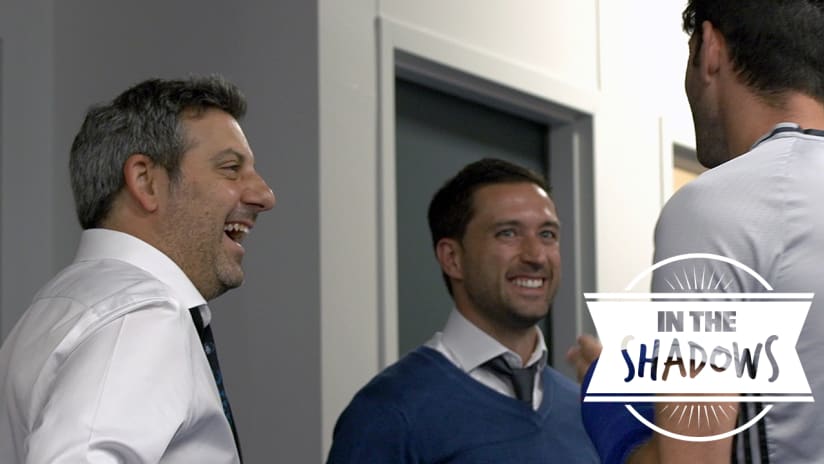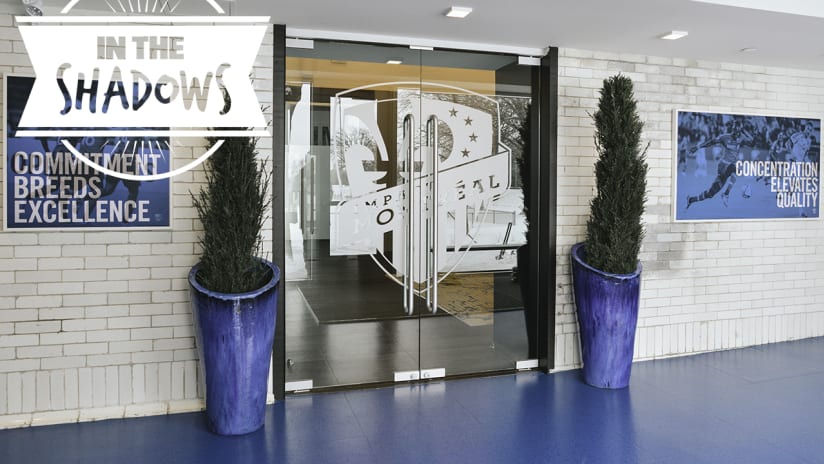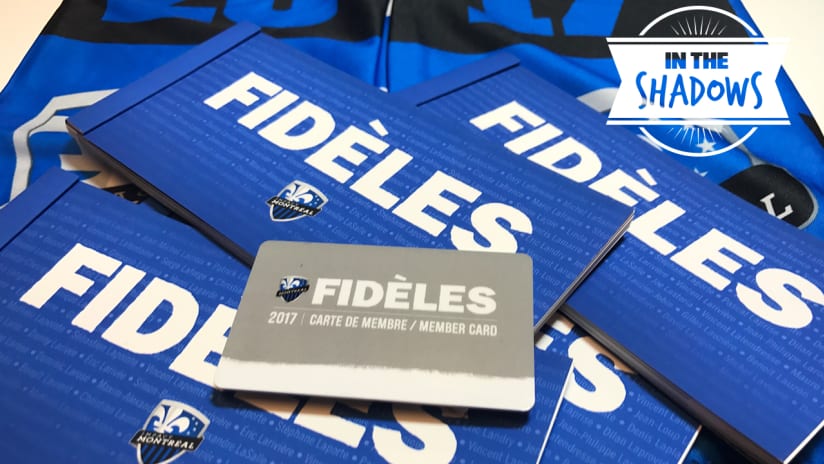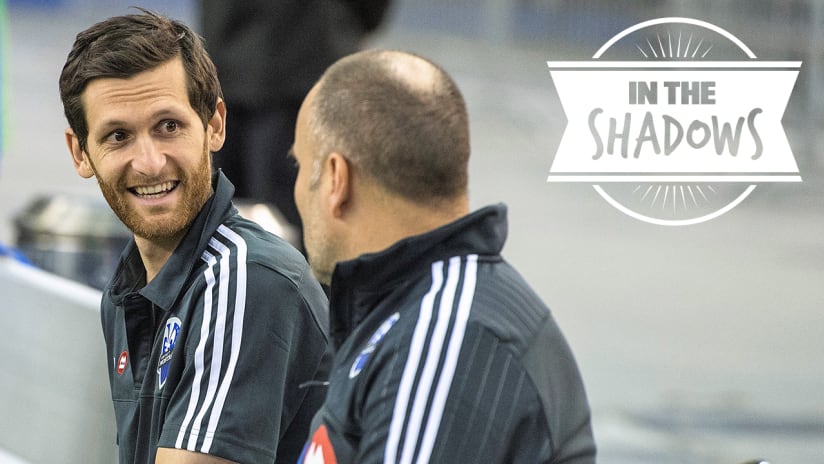Impact Media strives to bring you as much information as possible on your club. The players on the field are crucial, but the club is also about passionate women and men that take care of every aspect of the organization. In this space, we’ll introduce you to some of these people who play in the shadows.
Their job is making sure that players only think of doing theirs.
As supporters, you want your team fully focused on soccer. No distractions, no concerns, nothing. Daniel Pozzi, manager of team operations, and Franco Subrani, team coordinator, are at the Montreal Impact for that purpose; they cover the players’ and staff members’ needs, making sure that everything is taken care of off the field.
“We’re the Make-It-Happen department,” Pozzi says.
It is often said that a head coach must be a good man manager. The same applies to Subrani and Pozzi, whose job revolves around getting Impact players in the right mindset – from the moment they sign.
A new signing lands at the airport. Pozzi or Subrani picks him up, brings him to the hotel and goes from there, building a bond on the way. They look for a place. They look for a car. They make sure that the player’s family is settled – “if a family’s happy, usually, a player’s happy,” Subrani says.
“He needs to trust me 100 percent,” Subrani continues. “He trusts me with his banking, with his housing, with his family.”
And with the small matter of travelling across North America, and sometimes beyond. Subrani flies to all away games, handling accommodation and all on-the-ground needs – food, buses, staff demands.
Subrani is on his own on the road, except during preseason, when Pozzi and him set up their office on location and transfer day-to-day operations there. Otherwise, Pozzi stays back, putting his relationships with travel agents and knowledge of the industry to good use. Once head coach Mauro Biello has approved a timetable, Pozzi books the flights, communicating the names of travelling players to the airline when the technical staff narrows the squad list down, usually the day before the team flies.
The two colleagues remain in constant contact – Subrani leaves his phone on 24/7, while Pozzi says he is improving on that front. Teamwork is the key.
“With Franco, we figured out a model that works for both of us, and we use our best strengths equally,” Pozzi says. “Franco does a very good job on the road, getting the guys’ attention, respect and understanding. He’s not afraid to get into the group’s face and say that we have to do this or that. And he has thicker skin than me. He deals with a lot of the discontent. I have got kids at home that scream at me, so I’m good.”
Once the team arrives to the airport, some three or four hours after Subrani gets there, the schedule is set until the return to Montreal, after the game. Players and staff members are aware of every single thing they need to do, “on an hourly basis,” Subrani says. Games are won on details, some of which have nothing to do with soccer itself.
The main challenge, for Subrani, is that no player comes in the same way as the day before – here are those man-management skills called upon again. Subrani played professional hockey in a previous life and understands what the players go through. He may not ask certain things on certain days to prevent any friction.
But other things are unavoidable – like that time, in 2014, when Pozzi called Subrani after a game in Columbus with some bad news: their flights were cancelled.
“So now, Daniel and I are scrambling to find a way to get the whole team back to Montreal as early as possible, because Sunday is family day,” Subrani says. “We didn’t go to bed.”
The team went back home on three separate flights. Subrani got to the airport at 4:30am, following up with three different airlines. The first flight got out at 7:30am, the last one at 12:30pm. Despite the connections, no delays occurred. The team now flies charter to Columbus.
“When we got to Montreal,” Subrani says, “I passed out in my home.”
Pozzi and Subrani had just avoided the worst possible situation: getting stuck somewhere. It has never happened. But they would have to work it out. It’s their job. They’re the Make-It-Happen department.
“Speaking to people around the league and elsewhere, the fun thing about this job is that no matter what the budgets are or how you fly, nothing will ever be perfect, because things happen and you can’t predict them; it’s about how you react,” Pozzi says. “It’s comforting to know that, at the highest of levels and with the biggest of budgets, some people will still complain. You can’t make everyone happy, and it’s about finding the balance. If most people are relatively happy and things run smoothly, the job is done.”





